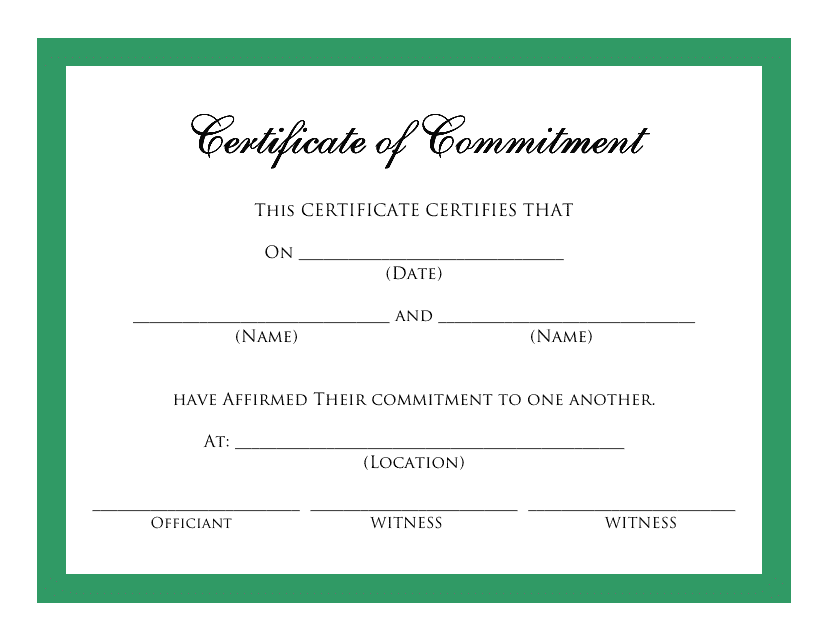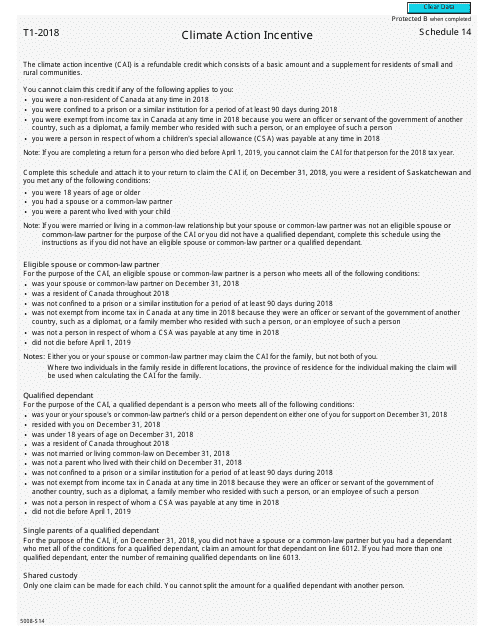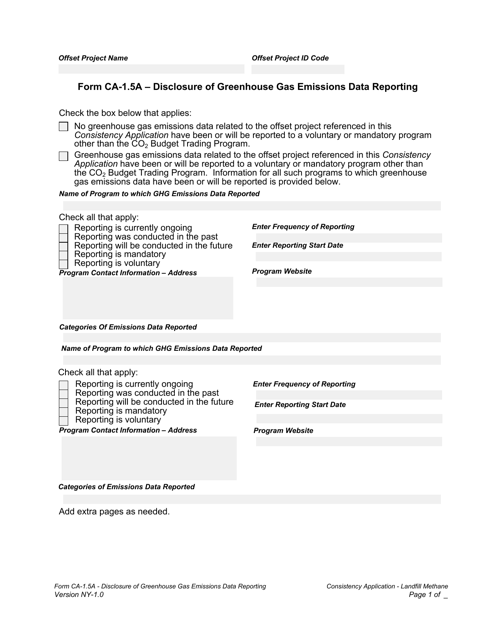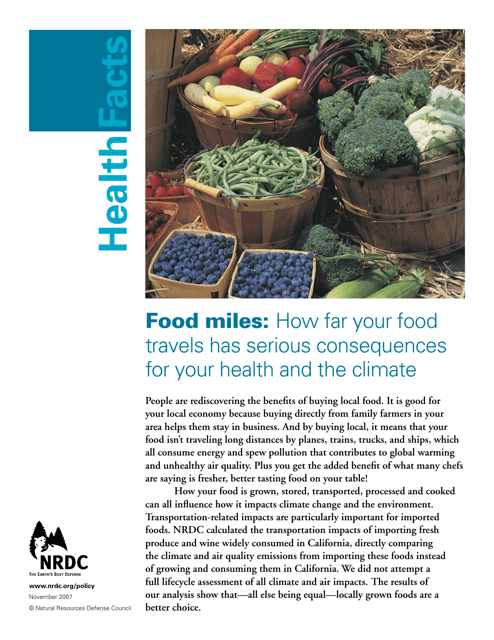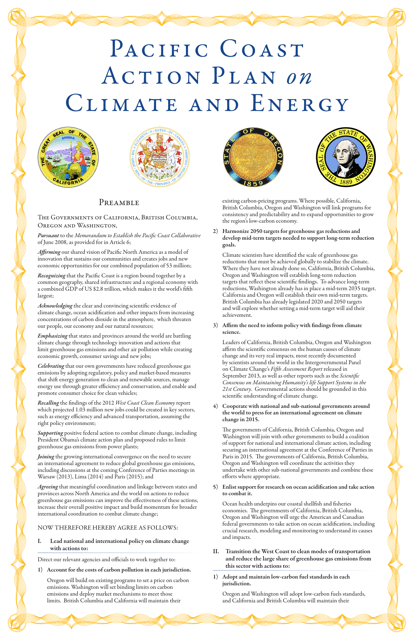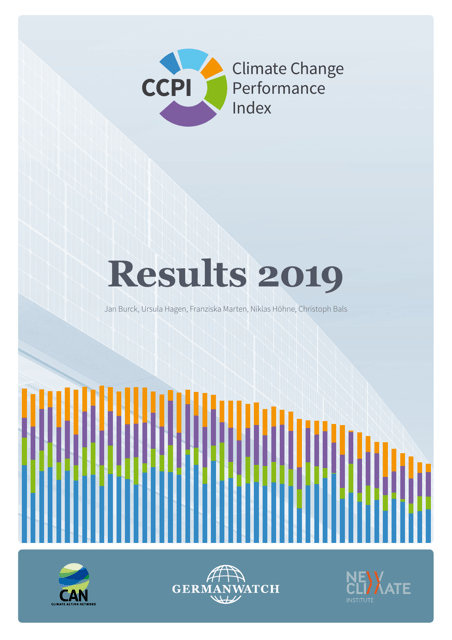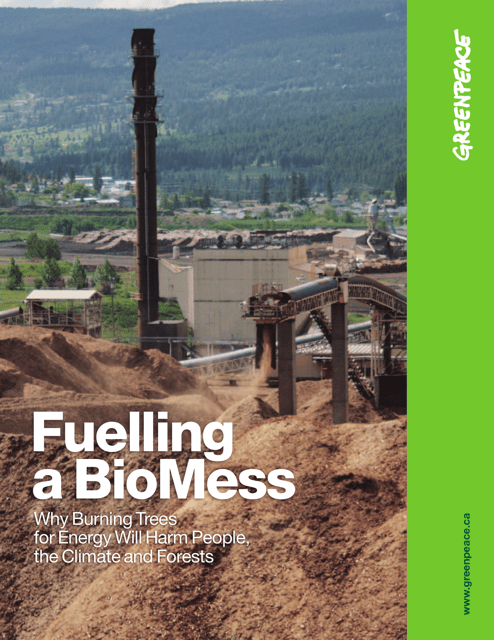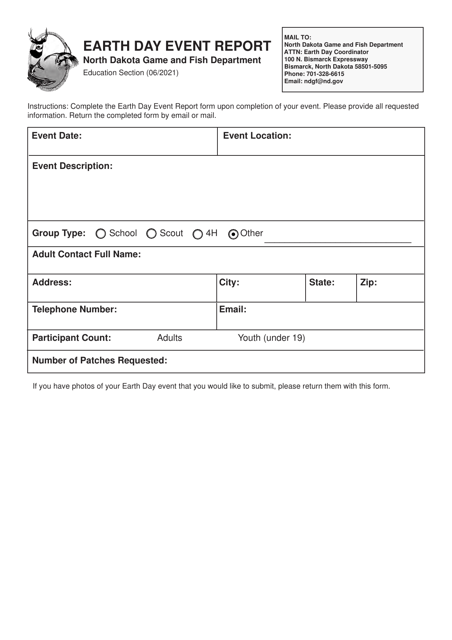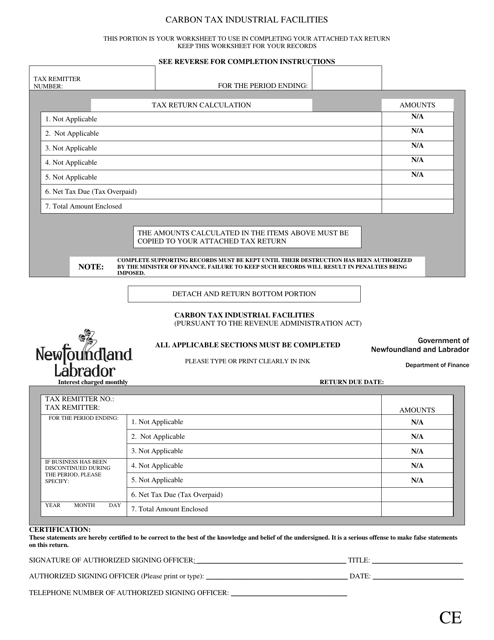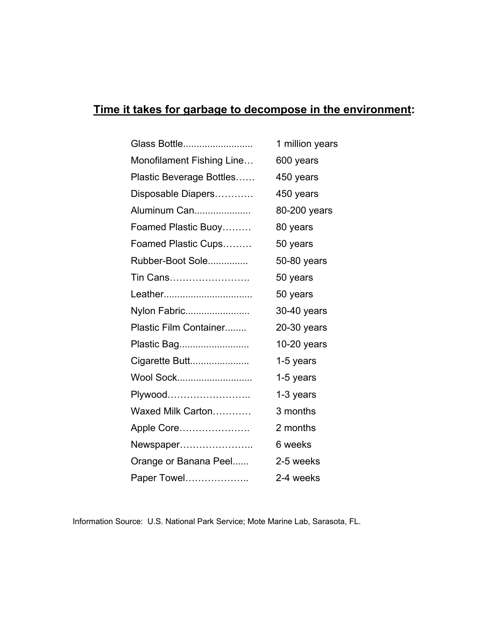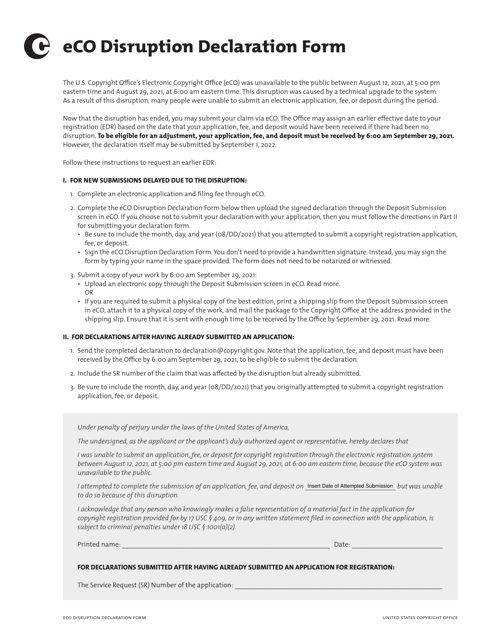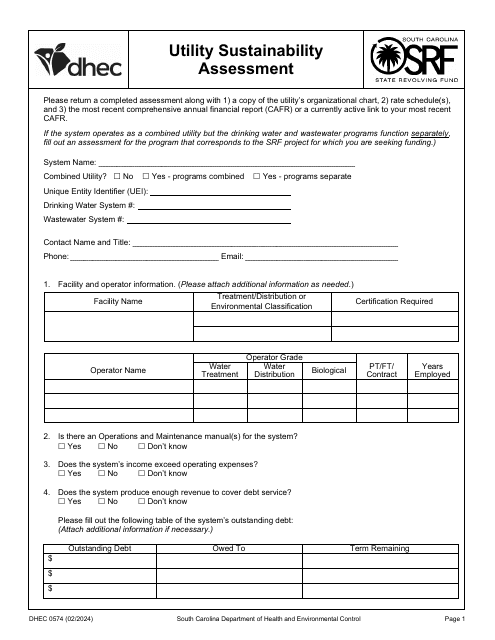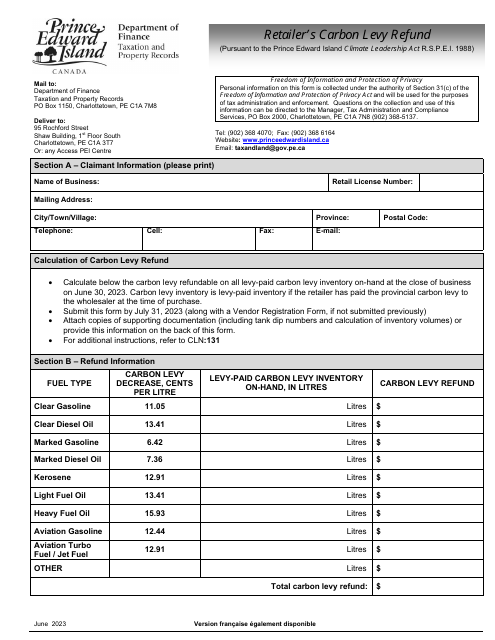Carbon Footprint Templates
Carbon Footprint Welcome to our webpage dedicated to the topic of carbon footprint. Whether you know it as "carbon footprint" or by one of its many other names, such as "carbon emissions" or "environmental impact," this collection of documents provides valuable information and resources on the topic.
Carbon footprint refers to the total amount of greenhouse gases, particularly carbon dioxide, emitted directly or indirectly by an individual, organization, product, or event. It is a measure of our impact on the environment and climate change. By understanding and reducing our carbon footprint, we can take meaningful steps towards a more sustainable and greener future.
Our collection of documents covers a wide range of topics related to carbon footprint. From informative reports like "Food Miles: How Far Your Food Travels Has Serious Consequences for Your Health and the Climate" by the Natural Resources Defense Council, to industry-specific strategies like "Volkswagen Group: Powertrain and Fuel Strategy," we provide comprehensive insights into the various aspects of carbon emissions.
Additionally, our collection includes research and rankings such as the "Climate Change Performance Index - Results," which assesses countries' efforts in combating climate change and reducing their carbon footprints. We also take a critical look at practices that harm the environment and contribute to climate change, as exemplified by documents like "Fuelling a Biomess - Why Burning Trees for Energy Will Harm People, the Climate and Forests" by Greenpeace - Canada.
For those interested in policy and regulations, we offer documents like "Carbon Tax Industrial Facilities - Newfoundland and Labrador, Canada," which delve into the implementation of carbon pricing mechanisms and their impact on industrial emissions.
At Templateroller.com, we believe that knowledge is power. By exploring our comprehensive collection of documents, you can gain a deeper understanding of carbon footprint and discover ways to reduce your own environmental impact. Join us in our commitment to building a more sustainable and climate-friendly future.
(Note: This is a sample text and can be revised or rewritten for better quality)
Documents:
15
This document is a template for a Green Certificate of Commitment. It can be used to recognize individuals or organizations that have made a commitment to sustainability and environmental responsibility.
This document is used for completing Schedule 14 in Form 5008-S14 to claim climate action incentives in Canada.
This Form is used for disclosing and reporting greenhouse gas emissions data in New York.
This document discusses the concept of food miles and how the distance that food travels can impact both your health and the climate.
This document outlines California's plan of action to address climate change and promote clean energy along the Pacific Coast.
This document outlines Volkswagen Group's powertrain and fuel strategy. It provides information on the company's approach to developing and implementing sustainable and efficient powertrain technologies for their vehicles.
This document presents the results of the Climate Change Performance Index, which measures the performance of different countries in addressing climate change. It provides a ranking and assessment of each country's efforts in areas such as greenhouse gas emissions, renewable energy, and climate policy.
This document explains why burning trees for energy can have negative impacts on people, the climate, and forests. It is published by Greenpeace in Canada.
This type of document is a report documenting an Earth Day event in North Dakota. It provides an overview and details of the event's activities and initiatives aimed at promoting environmental awareness and sustainability.
This document is for calculating and implementing a carbon tax specifically for industrial facilities in Newfoundland and Labrador, Canada. The carbon tax is a measure aimed at reducing greenhouse gas emissions and encouraging companies to adopt more eco-friendly practices.
This document provides information on the time it takes for different types of garbage to decompose in the environment in New Hampshire. It highlights the importance of proper waste management and its impact on the environment.
This form is used for declaring eco disruptions, such as environmental disasters or significant harm to the ecosystem.

